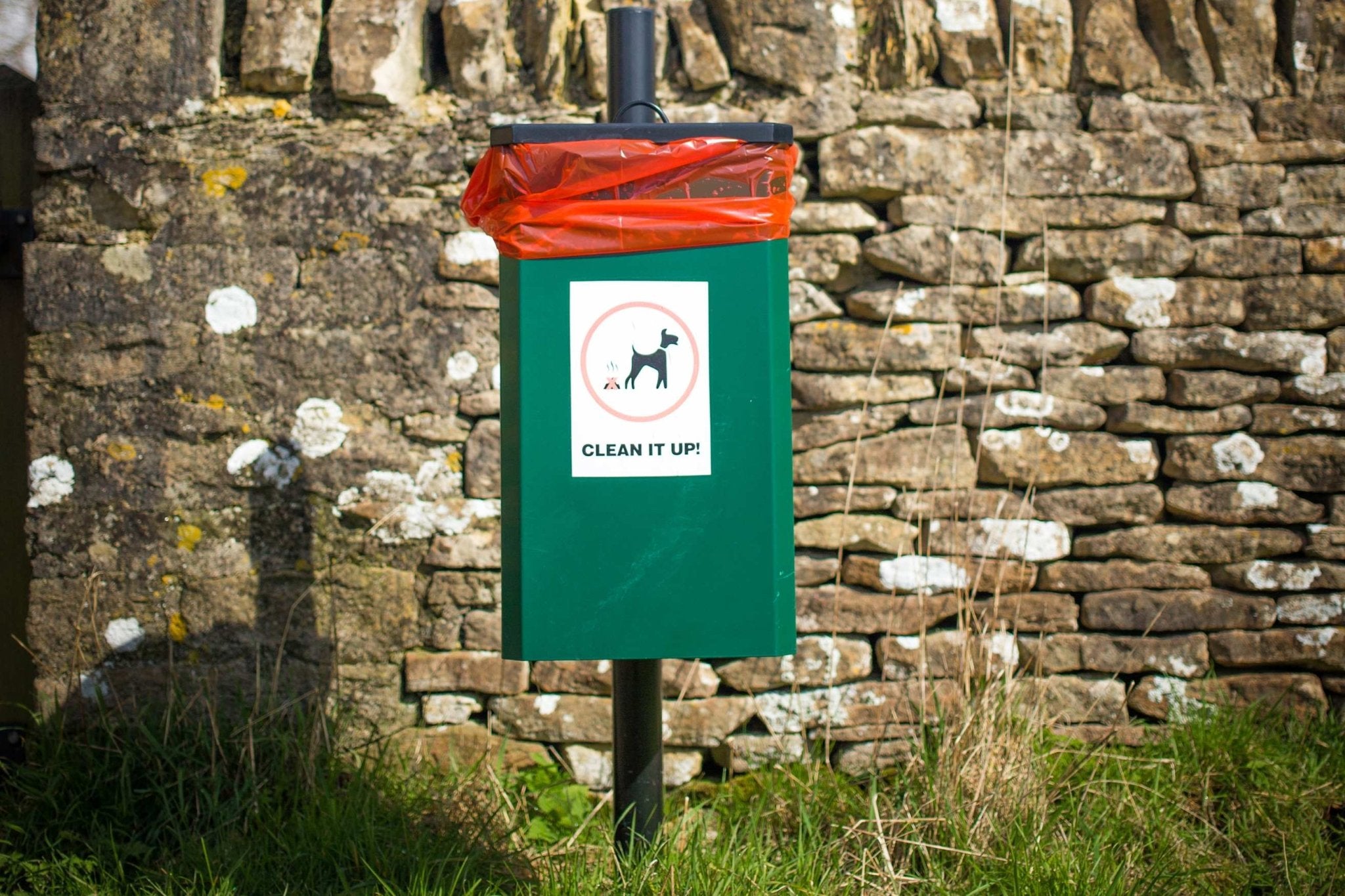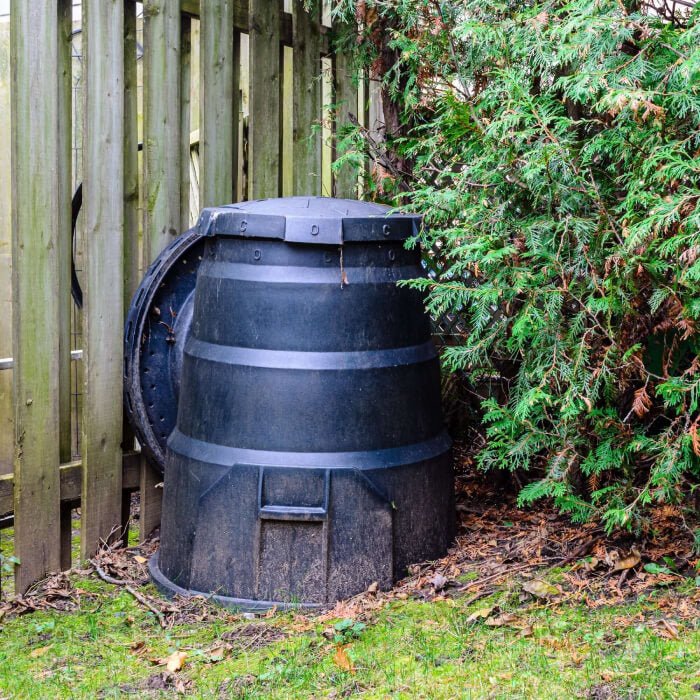A 2019 study found that the plastic ingested every week by the average person is roughly equal to that of a credit card. Often this is in the form of tiny plastic, invisible to the naked eye, called micro-plastics.
So, how can we avoid them?
8 easy tips for avoiding micro-plastics:
-
Hand wash your clothes, pet beds and toys or wash them on a low heat setting and hang to dry. Don't wash on a delicate cycle, a recent study has shown this actually releases more microplastics than a regular cycle.
-
Buy clothes, pet toys, beds and collars/harnesses made from natural fabrics, such as cotton, hemp, linen, silk or wool instead of synthetic materials.
-
Stop buying bottled water (or any bottled drink for that matter)! Bottled water has twice as much micro-plastic as tap water. You can also buy filters for your tap water which filter out any micro-plastics.
-
Use public transport - car tyres are a major source of micro-plastic pollution.
-
Don't microwave food in plastic, including those microwave meals. Remove food into a ceramic or glass container before microwaving.
-
Avoid seafood - plastic accumulates in the ocean and then in the fish we eat.
-
Avoid teabags and use loose leaf tea or reusable/refillable linen tea bags instead. One recent study found that, when a plastic tea bag was brewed, 11.6 billion microplastics and 3.1 billion nanoplastics were released into the drink.
-
Vote for policies and politicians that seek to tackle plastic pollution.






Leave a comment